ChatGPT : Revolutionizing AI Conversations
TECHNOLOGY
Sachin Sardeshpande
11/30/20244 min read
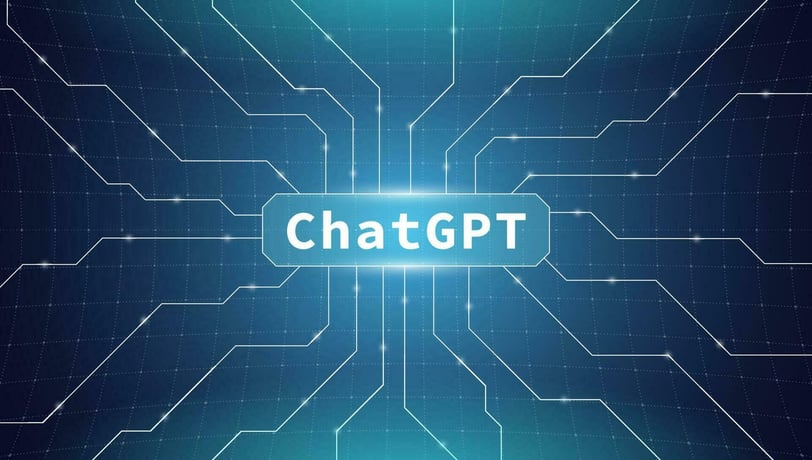

On November 30, 2022, OpenAI introduced ChatGPT, an advanced language model that quickly became a sensation. Built on the GPT-3.5 architecture, ChatGPT was designed to engage in human-like conversations, answer questions, assist with writing, and even solve complex problems. With its ability to generate contextually relevant text and handle diverse topics, ChatGPT marked a major breakthrough in the world of artificial intelligence (AI). Let’s dive into its features, impact, and the future of AI.
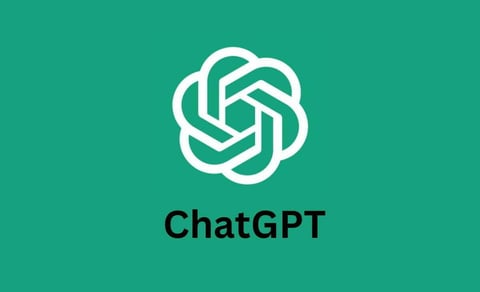

Features of ChatGPT
Human-like Conversations
One of the standout features of ChatGPT is its ability to generate natural, coherent dialogue that feels remarkably human. Unlike previous AI models that often struggled with contextual understanding or producing engaging responses, ChatGPT excels at maintaining continuity in conversation. It can recall previous exchanges, answer follow-up questions, and even adapt its tone based on the conversation's direction.
Versatility Across Topics
ChatGPT is trained on vast amounts of data, which enables it to handle an array of subjects. Whether it’s answering technical questions, offering creative writing assistance, or discussing history, science, or philosophy, ChatGPT provides informative, insightful, and relevant responses. It does not just regurgitate information—it can generate original answers tailored to specific queries, offering a versatile range of uses from educational tools to entertainment.
Content Creation & Problem Solving
ChatGPT has proven to be a valuable asset for creators and professionals alike. Writers can use it to generate ideas, structure articles, or even draft poetry and stories. It can assist developers with coding problems, suggesting solutions, fixing bugs, or explaining code. This makes it an incredibly useful tool for industries ranging from marketing and content creation to software development and customer service.
User-Friendly Interface
OpenAI made ChatGPT easily accessible to the public via a simple web interface. Users could interact with the chatbot without needing technical knowledge. The platform’s intuitive design and responsive capabilities ensured that people from all walks of life—whether students, professionals, or hobbyists—could seamlessly engage with the AI.
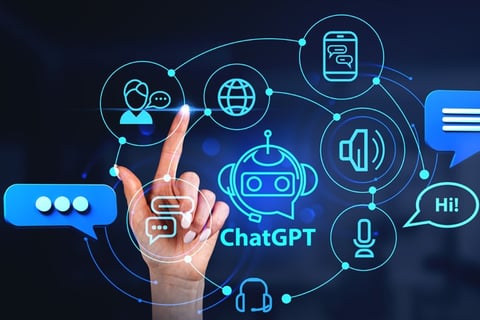

The Impact of ChatGPT
Shaping the Future of Work
ChatGPT has generated a significant buzz in the workplace. By automating repetitive tasks such as drafting emails, summarizing reports, or generating marketing copy, the tool has the potential to boost productivity. Content creators and marketers have found it invaluable for brainstorming and crafting content quickly. Additionally, customer service departments have started integrating ChatGPT into their workflows, allowing businesses to provide immediate assistance to customers, without compromising quality. The model’s proficiency in natural language processing has even impacted research and education. It assists students in summarizing complex topics, generating ideas for papers, and providing real-time explanations for academic subjects. In professional fields like law or healthcare, ChatGPT can support data analysis, document review, and information retrieval, streamlining critical decision-making processes.
Ethical Concerns and Misinformation
While ChatGPT has impressed users with its vast capabilities, it also raised several ethical concerns. One major issue is its potential to spread misinformation. Since ChatGPT generates responses based on patterns in existing data, it may occasionally provide answers that are factually incorrect or biased. OpenAI has taken steps to mitigate this by refining the model’s responses and improving its ability to cite sources, but misinformation remains a concern, especially when the model is used to generate content on sensitive topics. Another ethical issue involves privacy. Users may unknowingly share sensitive or personal information while interacting with the AI, raising questions about how that data is stored and used. OpenAI has emphasized that user data privacy is a priority, but concerns over data security and how information is handled remain important in the broader AI debate.
Democratizing Access to AI
One of the most significant aspects of ChatGPT is how it democratized access to advanced AI. Prior to this, AI tools were often locked behind proprietary systems or required substantial technical expertise to use effectively. ChatGPT made advanced AI available to anyone with an internet connection, leading to a surge in AI-related innovation. Startups and independent developers are using ChatGPT to build AI-driven products and services, while educators and students are utilizing it as a learning tool. By lowering the barriers to entry, OpenAI has sparked a wave of creativity and collaboration within the global tech community
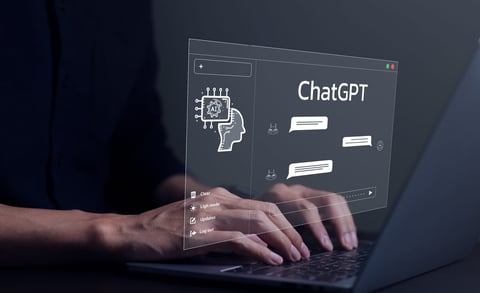

ChatGPT and the Future of AI
As impressive as ChatGPT is, it is just the beginning of the AI revolution. OpenAI quickly followed up with GPT-4 in 2023, which built upon the capabilities of GPT-3.5 with even better context understanding, multimodal capabilities (processing both text and images), and refined responses. These advances make it clear that the future of AI will be centered on personalized, adaptive technology that integrates seamlessly into various aspects of our lives.
AI Assistants will become even more sophisticated, supporting everything from healthcare diagnostics to creative design. As AI models continue to evolve, they will become more autonomous, context-aware, and specialized for specific industries and use cases. The potential for AI to enhance decision-making, improve productivity, and create new solutions is virtually limitless.
However, with greater power comes greater responsibility. Ethical concerns will continue to be a critical aspect of AI development. Transparency, fairness, and privacy will remain top priorities as we navigate the complex relationship between humans and machines. Ongoing collaboration between regulatory bodies, developers, and the public will be essential to ensure that AI technology serves the common good.
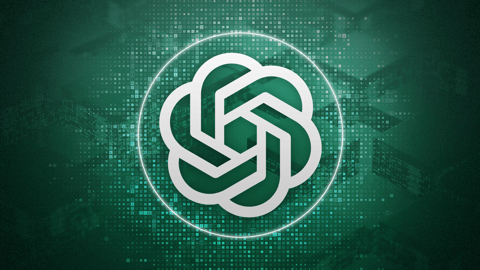

Conclusion
The launch of ChatGPT was a watershed moment for artificial intelligence. Its ability to engage in human-like conversation, provide valuable content creation tools, and impact professional workflows has established it as a game-changer in the tech landscape. While it raises important ethical questions and challenges, its potential to transform industries and empower individuals is undeniable. ChatGPT is more than just a tool—it's a glimpse into the future of AI-driven communication, education, and productivity. As AI technology evolves, we can expect even more exciting innovations on the horizon. The question is no longer "What can AI do?" but "What should AI do, and how can we ensure it benefits society?"
